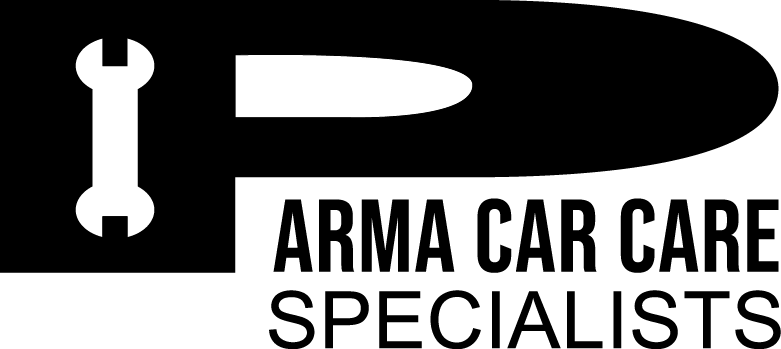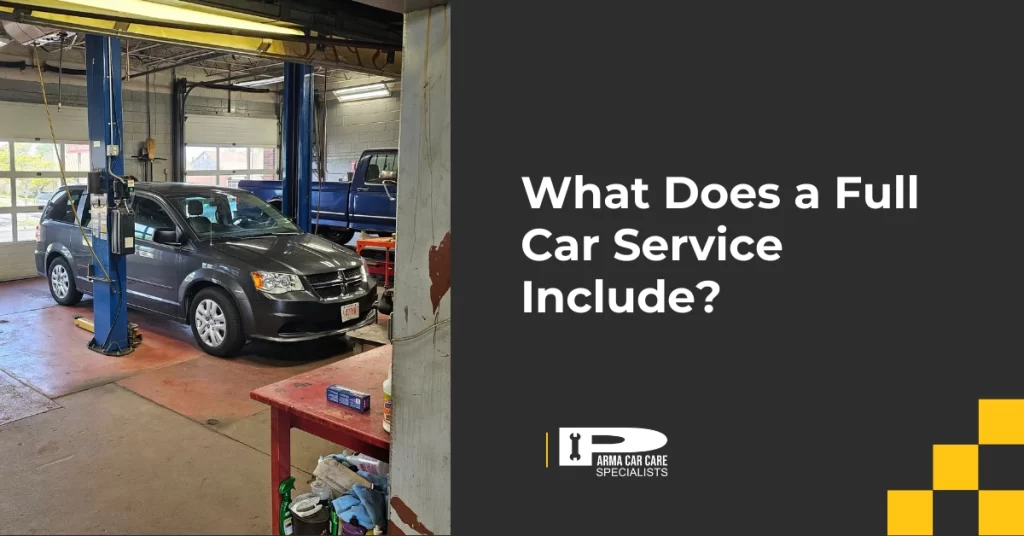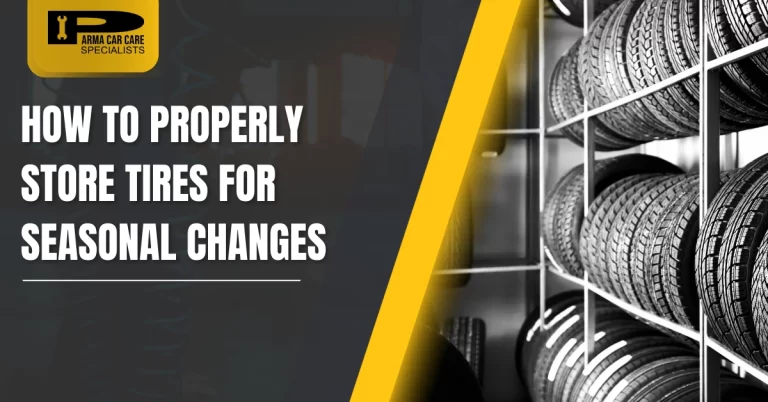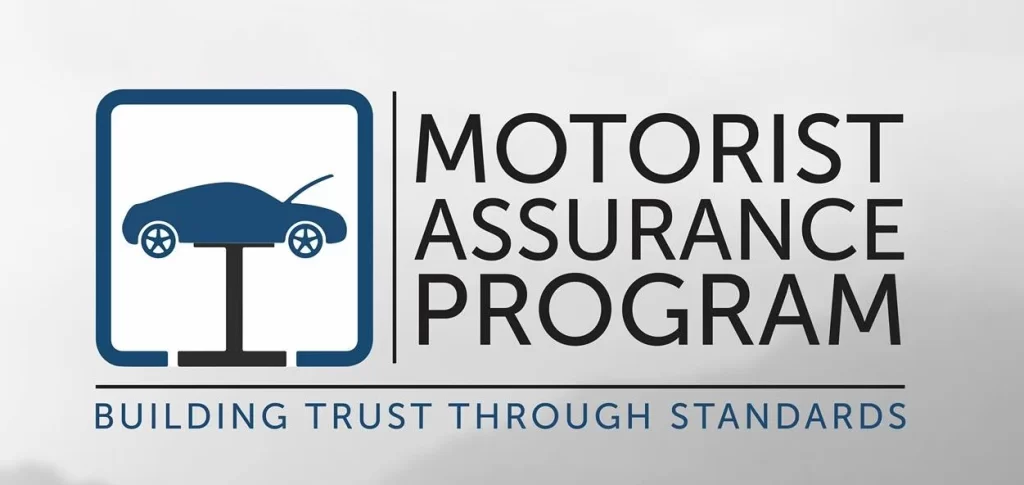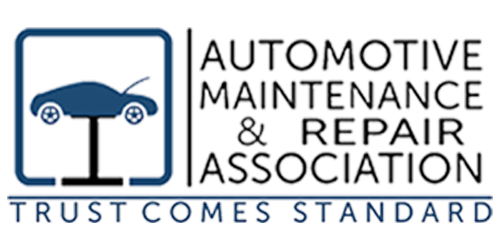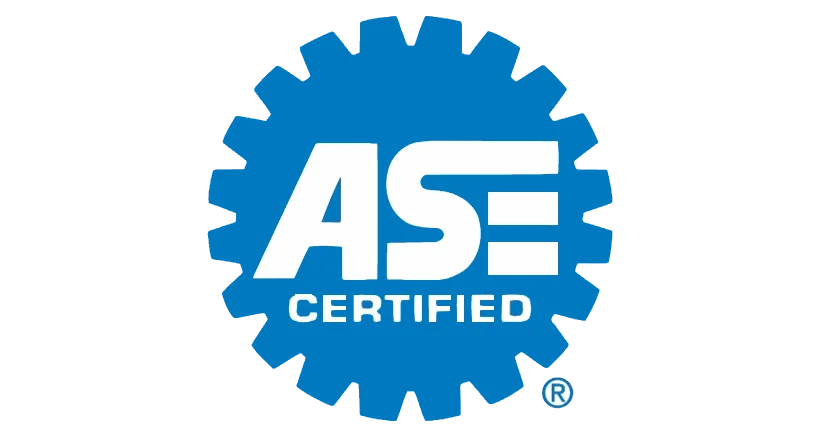A full car service includes detailed inspections and essential maintenance tasks to keep your vehicle running smoothly. You’ll get an oil change along with a filter replacement, and technicians will check all filters—air, fuel, and cabin. The braking system undergoes thorough scrutiny, including pads, discs, and fluid levels. They assess tire tread depth and pressure, and may rotate tires if necessary. Additionally, your battery and various fluid levels, like coolant and brake fluid, are checked. This all-encompassing approach helps prevent future issues, ensuring your vehicle’s safety and reliability, which you’ll find fascinating as you explore further.
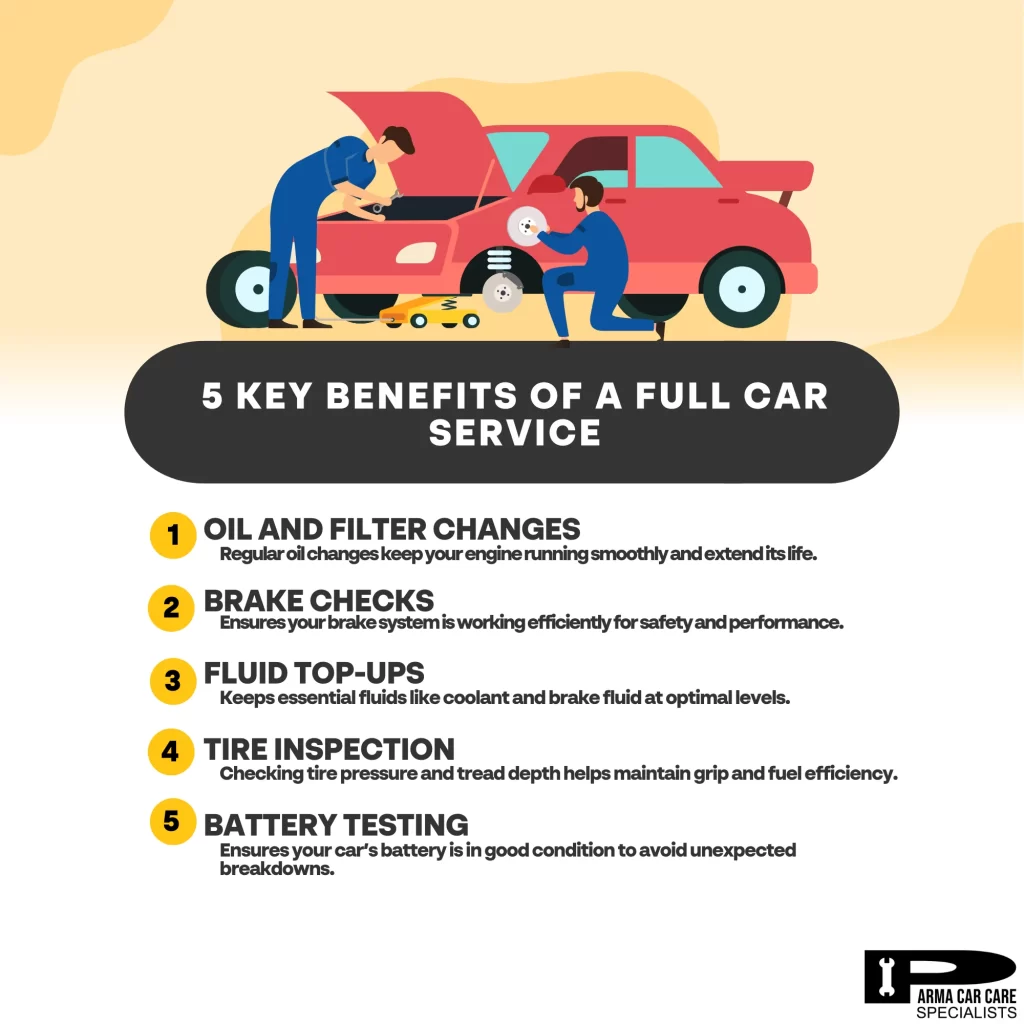
Key Takeaways
- Engine Oil Change: Includes inspection and replacement of engine oil and oil filter as needed.
- Filter Replacements: Inspection and potential replacement of air, fuel, and cabin filters to ensure optimal airflow and performance.
- Braking System Check: Thorough examination of brake pads, discs, and fluid levels to maintain safety and braking efficiency.
- Tire Assessment: Evaluation of tire tread depth, pressure checks, and possible rotations to promote even wear and extend tire life.
- Battery and Fluid Inspection: Health check of the battery and levels of coolant, brake, and transmission fluids to ensure proper vehicle operation.
What Does a Full Service Include?
A full service typically includes a thorough examination of your vehicle to guarantee it’s operating at peak performance. When you ask, “What does a full car service include?” you’re looking at an extensive assessment of essential components. The full car service checklist covers several key areas, ensuring no detail is overlooked.
First, technicians will inspect your engine oil and replace it if necessary, along with the oil filter. They’ll also check the air filter, fuel filter, and cabin filter, replacing them as needed.
The braking system undergoes a thorough inspection, including pads, discs, and fluid levels. Additionally, tire condition is assessed, including tread depth and pressure, and rotations may be performed.
Your battery’s health is checked, along with fluid levels in the coolant, brake, and transmission systems. Finally, the suspension, exhaust, and belts are evaluated to identify any potential issues.
This detailed approach not only enhances your vehicle’s performance but also extends its lifespan. By adhering to the full car service checklist, you’re investing in a safer and more reliable driving experience.
Why Should I Book a Full Car Service?
Booking a full car service is crucial for maintaining your vehicle’s peak performance and safety. By investing in this extensive service, you guarantee that your car runs smoothly and efficiently while minimizing the risk of unexpected breakdowns.
Here are four key reasons why you should prioritize a full car service:
- Thorough Inspections: A full car service includes detailed inspections of critical components, such as brakes, tires, and fluids, confirming everything is in top condition.
- Preventative Maintenance: Regular servicing helps identify potential issues before they escalate, saving you from costly repairs down the line.
- Improved Safety: Keeping your vehicle in prime condition enhances your safety on the road. A full service checks essential systems that could affect your driving experience.
- Enhanced Resale Value: A well-maintained vehicle with documented full service history can fetch a higher price if you decide to sell or trade it in.
While you may wonder how much does a full car service cost, consider it an investment in your vehicle’s longevity and reliability.
Prioritize your car’s health with regular full services to enjoy peace of mind.
How Long Does a Full Service Take?
Understanding how long a full service takes can help you plan your day effectively. Typically, a full service can take anywhere from 3 to 5 hours, depending on the specific services included and your vehicle’s condition.
When you inquire about what’s full car service included, you can expect a range of tasks such as oil changes, filter replacements, brake checks, and fluid top-ups.
The complexity of your vehicle and any additional repairs needed can extend this timeframe. For example, if your car requires more extensive diagnostics or repairs, it might take longer.
It’s also essential to factor in the time for any waiting or possible delays based on the garage’s schedule.
In terms of full car service cost, while it varies by location and service provider, budgeting a few hundred dollars for a complete service is standard.
Make sure to clarify the estimated time with your service provider upfront to avoid any surprises. Being informed about the process will help you manage your schedule better while ensuring your vehicle remains in peak condition.
How Can I Prepare For a Full Car Service?
How can you effectively prepare for a full car service? Preparing your vehicle guarantees a smooth experience and helps the technicians perform their job efficiently. Here’s what you should do:
- Review Your Service History**: Check past service records to understand what’s been done and when. This helps the technician know what to focus on, as full service car what’s included may vary.
- Clear Out Personal Items**: Remove any personal belongings from your car. This not only provides a clean workspace but also prevents damage or loss of your items during the service.
- Check Fluid Levels**: Before your appointment**, inspect engine oil, coolant, and brake fluid levels. This gives you an idea of what might need attention and can help the technicians address issues quickly.
- Communicate Any Concerns: Write down any specific issues or noises you’ve noticed. Clearly communicating these concerns will help the technicians understand what does car service include for your vehicle.
Frequently Asked Questions
How Often Should I Schedule a Full Car Service?
You should schedule a full car service every 12,000 miles or annually, whichever comes first. Regular servicing helps maintain your vehicle’s performance, guarantees safety, and can prevent costly repairs down the road.
Will a Full Service Improve My Vehicle’s Resale Value?
Yes, a full service can improve your vehicle’s resale value. By ensuring peak performance and maintenance records, you demonstrate reliability and care, making your car more attractive to potential buyers and justifying a higher price.
Can I Perform Any Tasks Before the Service Appointment?
Before your service appointment, you can check fluid levels, inspect tire pressure, and verify the battery terminals are clean. These tasks help identify potential issues and streamline the service process for your vehicle’s maintenance.
What if I Need Additional Repairs After the Service?
If you discover additional repairs are needed after service, don’t worry. Your technician will explain the issues clearly and provide a detailed estimate, ensuring you understand the costs before proceeding with any further work.
Are There Any Warranties on the Services Performed?
Yes, you’re covered! Most services come with warranties, ensuring that repairs are guaranteed for a specific period. Always check with your technician for details on coverage and what’s included with your service.
Conclusion
To sum up, booking a full car service is like investing in your vehicle’s health; it pays dividends in performance and longevity. By addressing potential issues before they escalate, you guarantee that your car runs smoothly and safely. Regular maintenance not only enhances your driving experience but also saves you money over time. So, don’t wait—schedule your full service today and keep your vehicle in peak condition for years to come.

